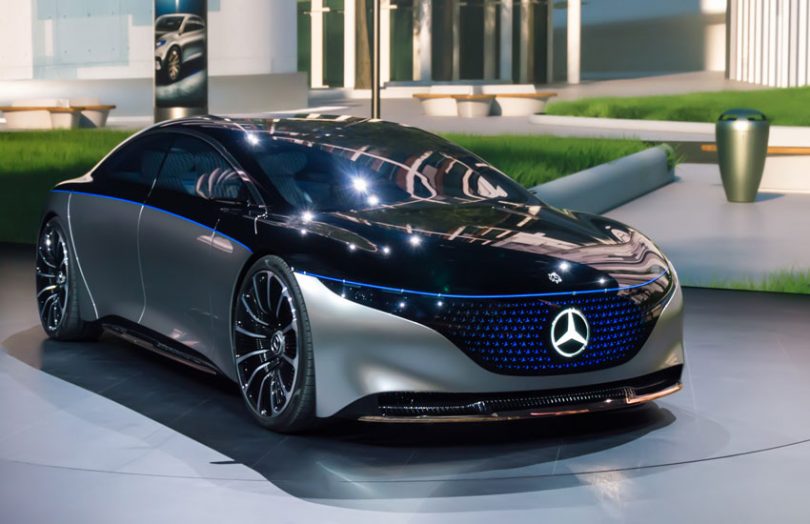Mercedes-Benz is working with blockchain startup Circulor on a pilot project for transparency on CO2 emissions in the cobalt supply chain. The German automaker is aiming for a carbon-neutral passenger car fleet under its ‘Ambitions2039’ project.
U.K.-based Circulor is developing a blockchain track and trace system for industrial supply chains. It is also working with Volvo Cars to use blockchain for tracking recycled cobalt in newly manufactured cars. Cobalt is an essential mineral used in the manufacturing of electric vehicle batteries.
The relationship is part of STARTUP AUTOBAHN. Circulor may be young, but in the last 18 months it has made an impression. It’s first initiative was to trace tantalum in Rwanda for ethical sourcing. This was some time before IBM announced its Responsible Sourcing Blockchain Network which signed up many big names such as VW, Volvo, Ford, Fiat and Glencore. Circulor’s projects also pre-dated the World Economic Forum’s Mining and Metals Blockchain Initiative.
The pilot by Mercedes and Circulor will track the emissions of greenhouse gases and the secondary materials in the battery manufacturing supply chains. Additionally, blockchain will be used to ensure all participants follow Daimler’s sustainability standards in the supply chain. This is one of the initial efforts for a carbon-neutral supply chain, and Mercedes is working with an undisclosed battery cell supplier for the project. (Update: at least one of the participants is battery supplier CATL).
The project partners are focusing on cobalt procurement, which enters the battery supply chain from recycling facilities. The blockchain will monitor the manufacturing of car batteries and the resultant CO2 emissions involved in production. Mercedes said it wants to create a circular economy in the long run.
“With Ambition2039, Mercedes-Benz Cars has set itself high goals. We can only get there in close cooperation with our suppliers. The key is transparency: It is our aspiration to make all processes transparent and traceable,” said Markus Schäfer, Member of the Board of Management of Daimler AG and Mercedes-Benz AG. “We are the first manufacturer to use blockchain technology to map CO2 emissions in the global battery cell supply chain.”
While it is recording emissions data of its suppliers, Mercedes-Benz is also conducting workshops for them in order to identify effective CO2 reduction measures. Last year, the carmaker said it was prototyping a blockchain network to enforce supplier contractual obligations, particularly for sustainability and ethical compliance.
Meanwhile, the parent company Daimler has independent blockchain projects. A few months ago, Daimler Trucks and Commerzbank ran a pilot to use the Daimler Truck Wallet to make payments with e-euros from Commerzbank. It is also working with startup Filament on a blockchain project for remanufactured components.
Daimler Financial Services has developed a blockchain car wallet solution in collaboration with four startups.






